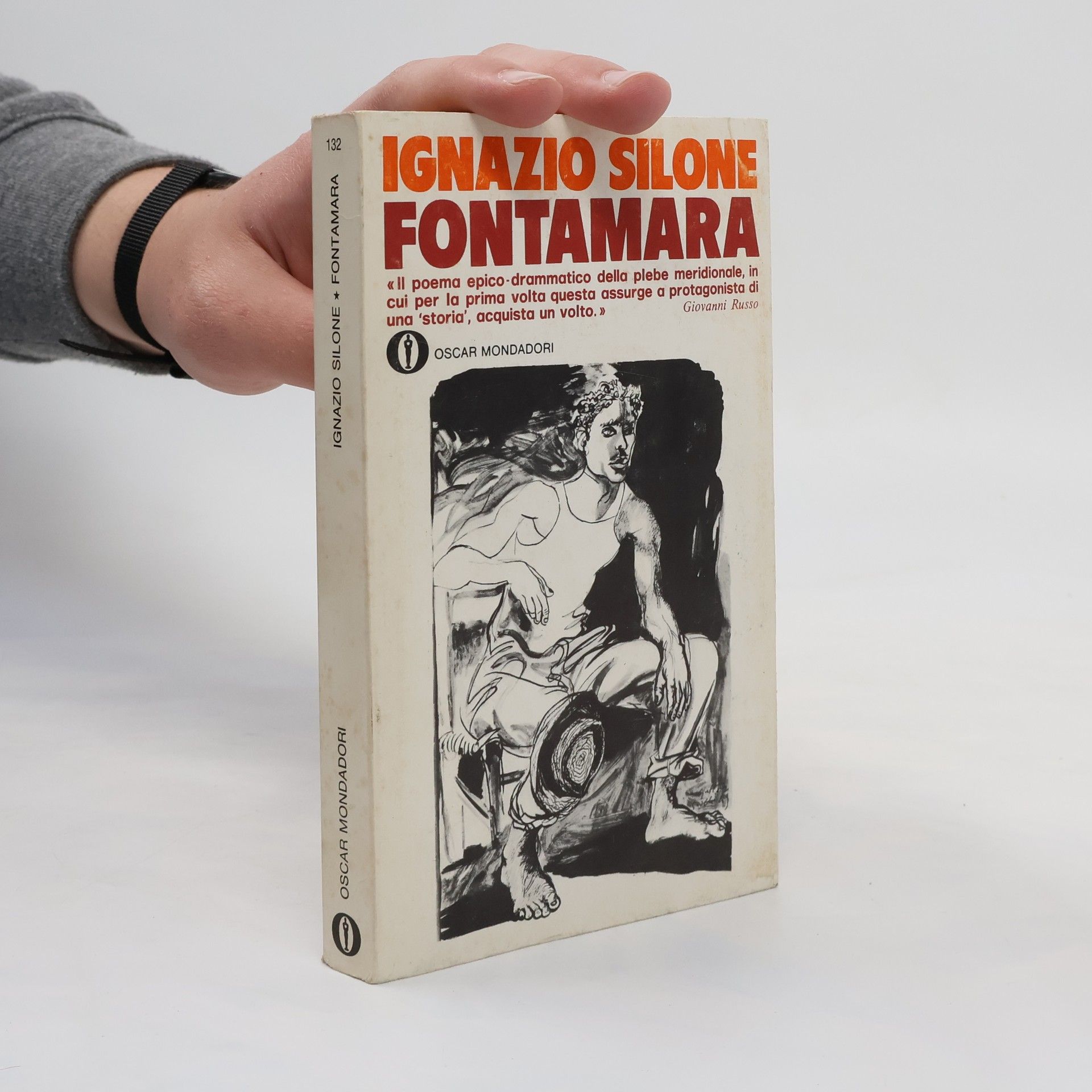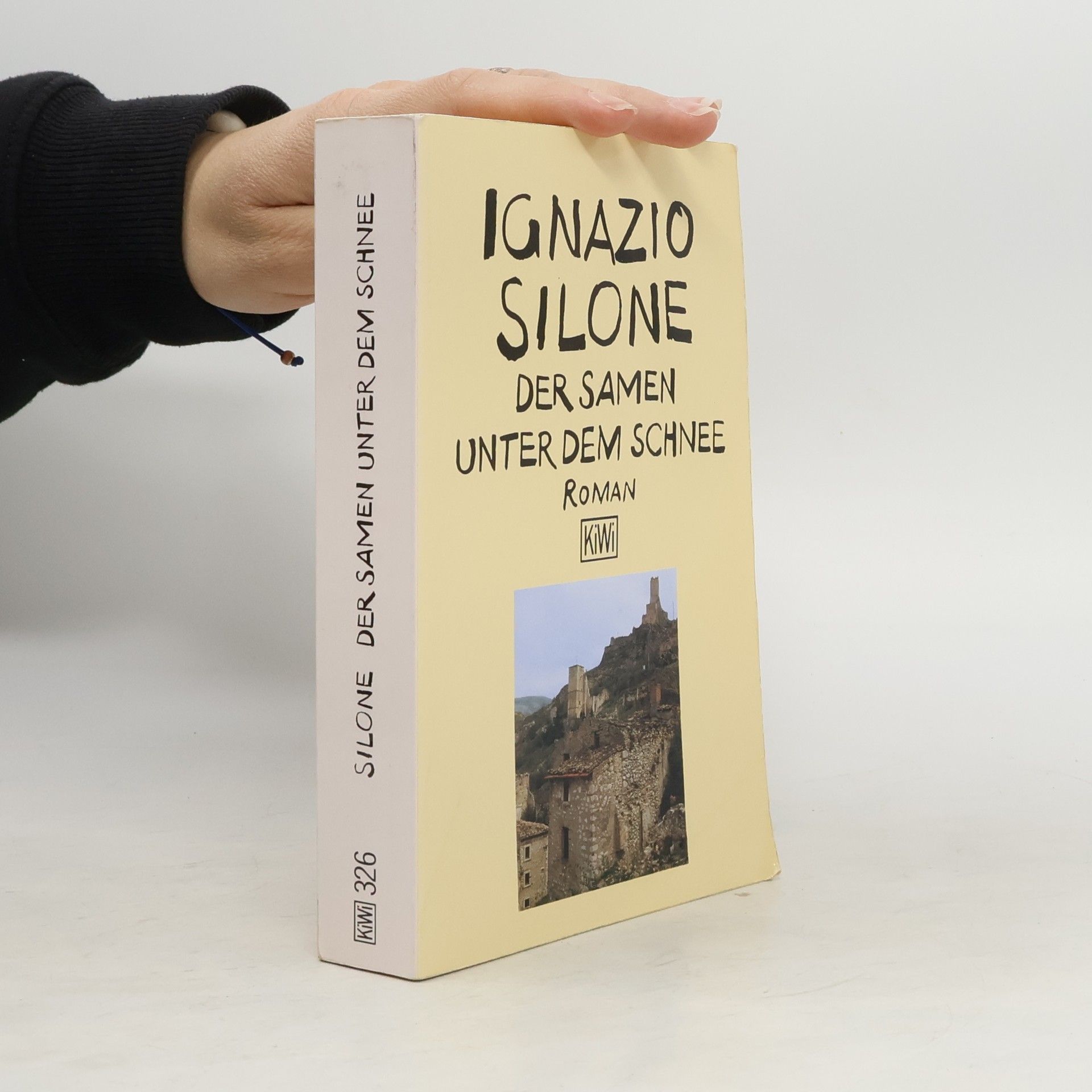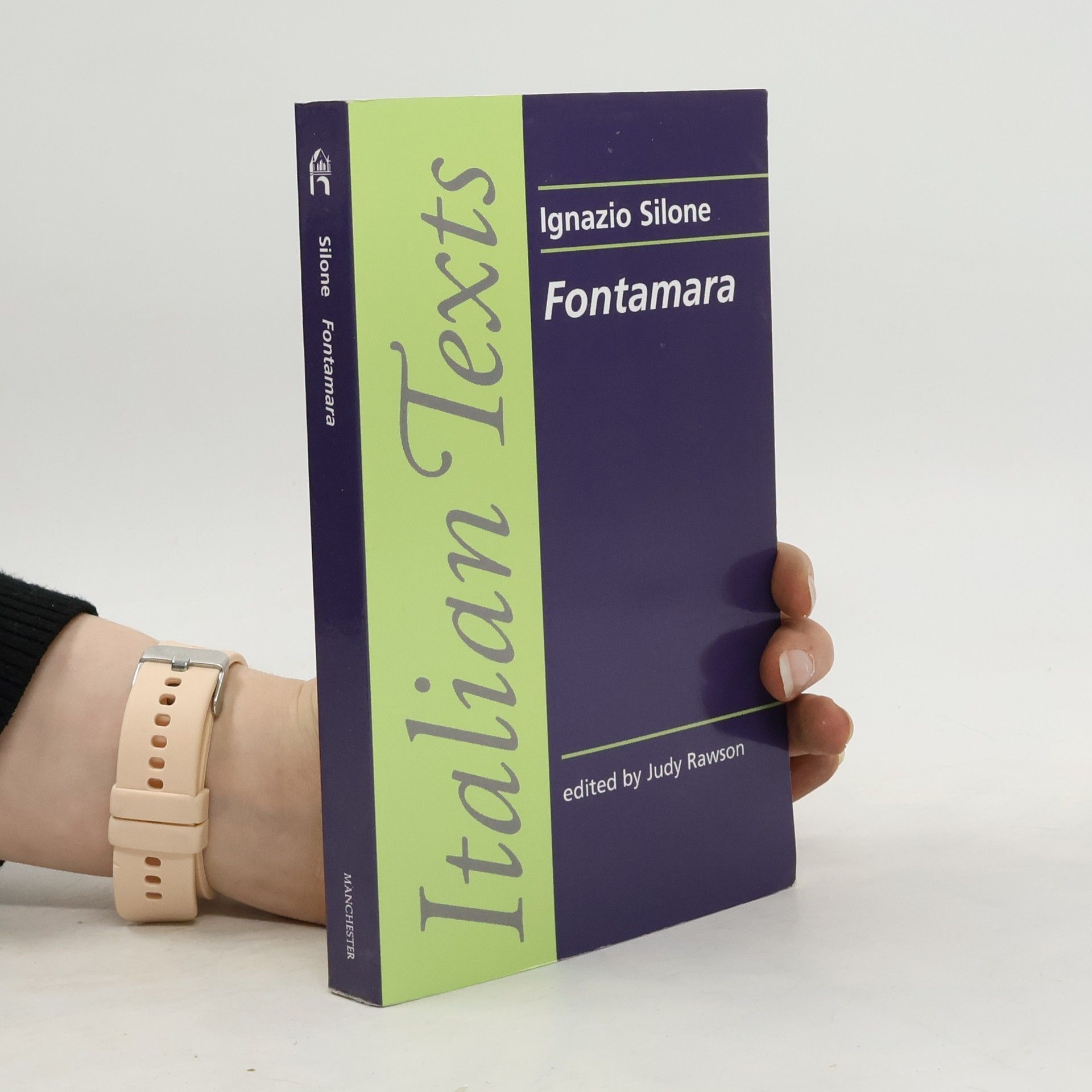Fontamara is one of the Italian classics of the twentieth century. It was written in 1933 and was well-known in translation before it could be published in Italy. In England it was very popular in its Pengiun edition. Its author, Ignazio Silone, was a controversial figure throughout his life. He was a communist until 1931, later referring to himself as a 'Socialist without a party and a Christian without a church.' He wrote Fontamara first and foremost as an antifascist, setting it in his own region of Abruzzo, east of Rome. He describes the sufferings of the peasants, the cafoni, still living under feudalism and further burdened under the new fascist regime of Mussolini. The story itself is a good read, told with humour and suspense. The themes embrace politics and religion, revolution and mysticism. They raise such Italian problems as regionalism, the clash of ideologies and the ways of portraying them in literary form. The form of the narrative itself is an experiment in getting across a vital message in a fraught time. This edition includes an introduction and notes which help to set the novel in its historical and political context, both in Italy and the rest of Europe in the decade before the Second World War. The vocabulary section is exhaustive, making the text suitable for those just coming to grips with the language.
La Trilogía de AbruzzoSerie
Esta trilogía transporta a los lectores a la pintoresca región italiana de Abruzzo, tejiendo historias de misterio, romance y sagas familiares perdurables. Las narrativas capturan los impresionantes paisajes de la región mientras profundizan en las complejidades de las relaciones humanas, desvelando secretos guardados durante mucho tiempo. Ofrece un viaje emocional lleno de pasión, tradición y giros inesperados que le cautivarán desde el principio.




Orden recomendado de lectura
- 1
- 1
- 2
Bread and Wine
- 304 páginas
- 11 horas de lectura
Set against the backdrop of Italy's fascist regime, the narrative follows Pietro Spina's return from exile to rally the peasants of Abruzzi into a revolutionary force. The book powerfully critiques the use of violence and deception by totalitarian states, emphasizing the enduring relevance of its themes. Through Spina's journey, it highlights the struggle for truth and justice in oppressive environments, serving as a poignant reminder of the dangers posed by authoritarianism.
- 3
Der Samen unter dem Schnee
- 575 páginas
- 21 horas de lectura